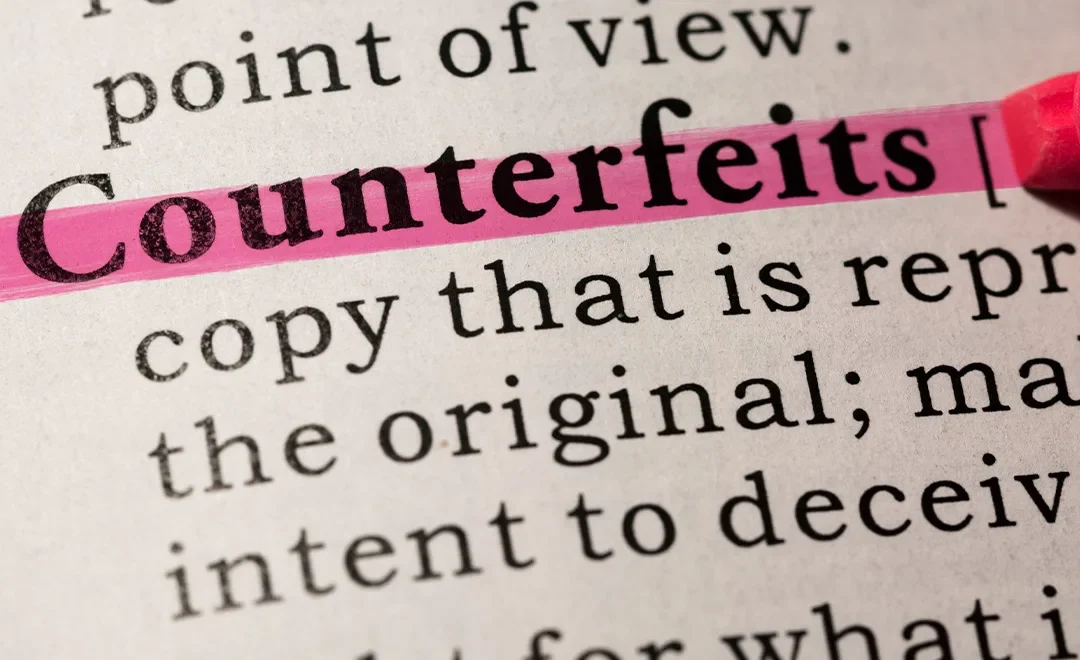The recent Tokyo District Court ruling against Amazon Japan highlights a broader issue that also resonates in the office imaging sector — the ongoing challenge of counterfeit products being sold via online marketplaces and the responsibilities of these platforms when notified.
In the Amazon Japan case reported by Japan Times, the court ordered the company to pay ¥35 million (approx. €210,000 / $230,000) in damages to Excel Plan, a legitimate distributor of medical devices, after Amazon failed to act appropriately on reports of counterfeit listings. The judge described Amazon’s conduct as either wilful misconduct or gross negligence, particularly criticising the company’s decision to delete the entire product listing rather than properly investigating the counterfeit claims.
This mirrors concerns long voiced by office imaging industry players about the sale of counterfeit or non-compliant printer cartridges and supplies through major online platforms like Amazon and eBay. Counterfeit consumables in this market often misuse logos, certifications, and misleading packaging, posing not only a commercial threat to legitimate sellers but also a compliance risk regarding safety, WEEE, RoHS, REACH, and CE marking requirements.
Canon, for example, has actively pursued takedown actions on Amazon across various territories. Between 2018 and 2024, Canon reported thousands of listings removed via Amazon’s Neutral Patent Evaluation Procedure and similar mechanisms in the US and Europe. The company regularly publishes data on these removals, claiming success in reducing the availability of infringing products. However, critics argue that such removals often happen after the fact, once sales have already damaged legitimate businesses.
The case adds weight to calls from organisations like ETIRA for stronger enforcement and regulatory measures at EU and national levels to hold marketplaces accountable when counterfeit or non-compliant products are found on their platforms.
Editor’s opinion: The Tokyo ruling reinforces the argument that platforms must do more than simply react to complaints or blanket-remove listings. They are expected to properly investigate and take proactive steps to prevent repeat offences.























